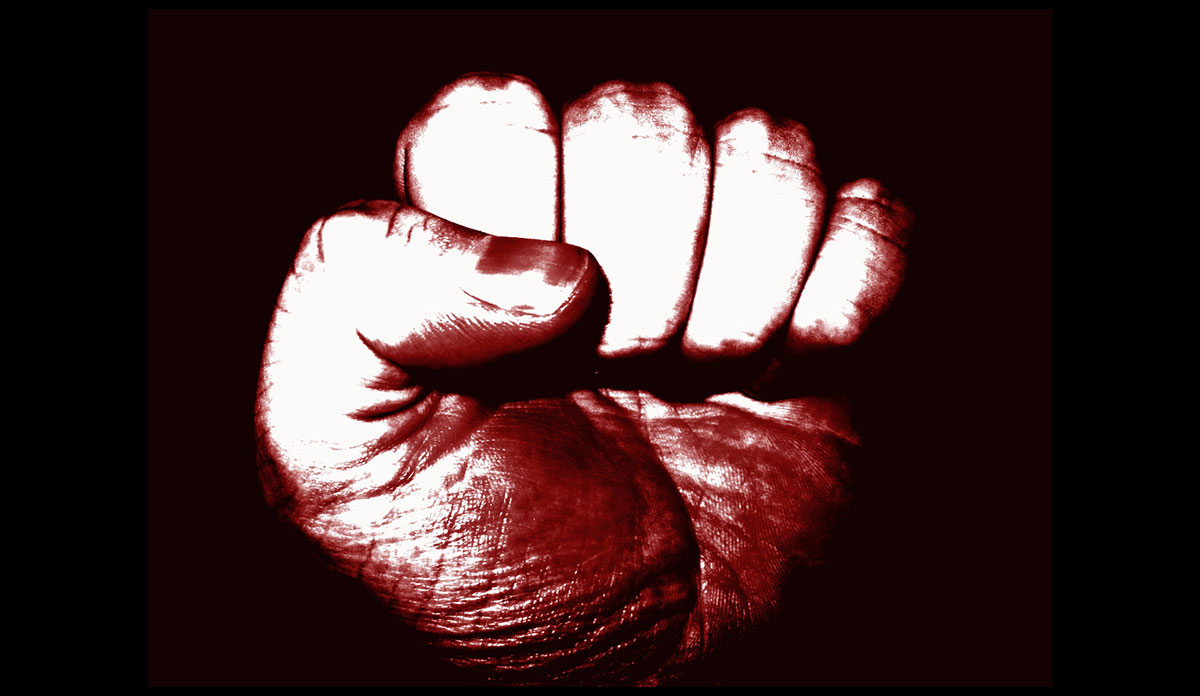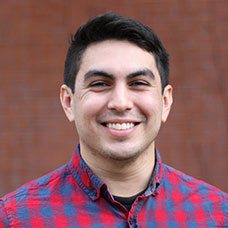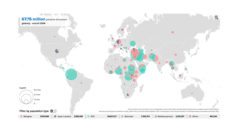It’s an odd thing to feel wary of simply stating a known fact: health professionals helped the U.S. military and CIA, during the war on terror, to systematically implement an ‘enhanced interrogation’ program that amounted to torture. As Qing Wai Wong wrote about yesterday, that is what Dr. Sondra Crosby and I did in our recent article in the American Journal of Public Health. It was at times uncomfortable, sometimes scary, and often anxiety-provoking to participate in conversations about war crimes and crimes against humanity.
This was my first time stepping onto the academic plane in this way to voice my perspective. Things change when you know people are listening. The U.S. government is a looming monolith of seemingly unlimited power, and as a burgeoning human rights activist, I quickly learned that speaking truth to power is necessary but certainly not easy.
In many ways the writing process was the same as writing about any public health issue. It started with a literature review, Dr. Crosby performed a clinical analysis, we incorporated meta-analyses, qualitative data, historical parallels, and we endlessly edited.
Part of the process of writing this article was obtaining clearance from the U.S. Department of Defense publication review team.
In many ways it was different. From the beginning we knew that this piece would evoke a lot of strong feelings from multiple perspectives. As a result I scrutinized every word. Part of the process of writing this article was obtaining clearance from the U.S. Department of Defense publication review team. It was a relatively smooth process that involved them reading it and clearing us, but to have that occur with my first publication was admittedly unnerving. I prepared myself for questions from academics who inevitably would not agree with the central premise of our paper, that health professional involvement in torture damages the integrity of the entire field.
The article is now published and is slowly being disseminated throughout academic circles. Despite the stress inherent to writing it, the worry about optics, and wondering who it will be read by, it’s added to growing literature that Dr. Crosby and I hope will lead to a general acknowledgment of history, to righting wrongs, and hopefully to a culture shift where medical professionals understand that they cannot be complicit in war crimes.
As for advice for young activists in this field, as well as myself, I always keep in mind the words of Desmond Tutu: “If you are neutral in situations of injustice, you have chosen the side of the oppressor. If an elephant has its foot on the tail of a mouse and you say that you are neutral, the mouse will not appreciate your neutrality.”
Feature image: Pascal, Resistance, used under CC0 1.0 Public Domain.













